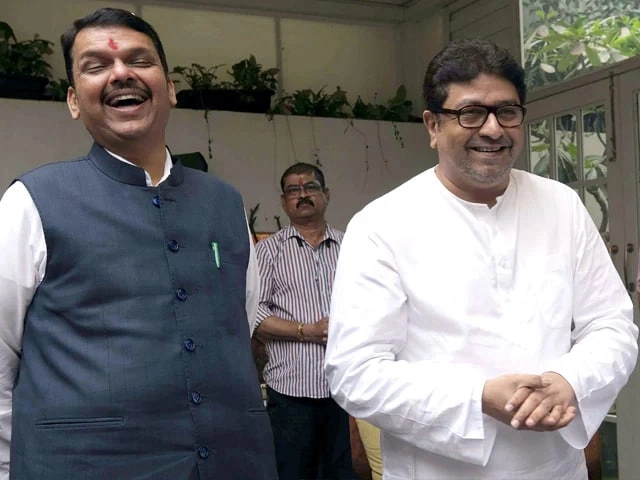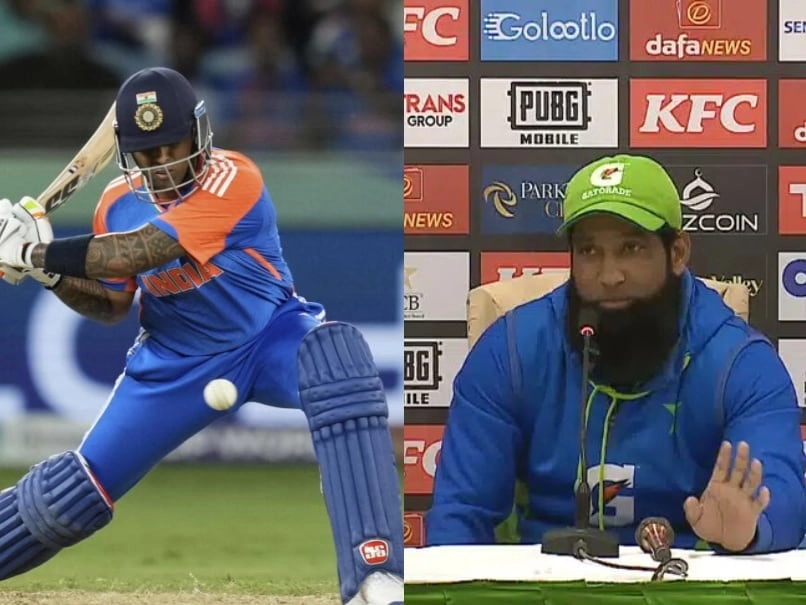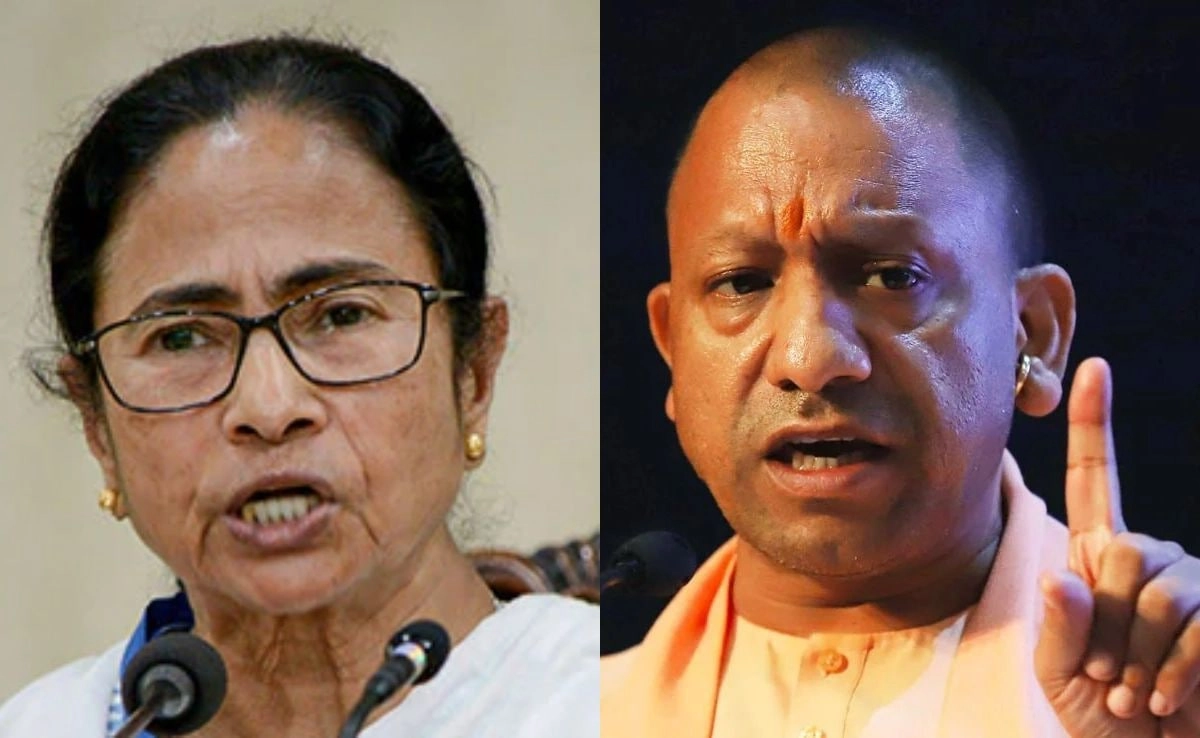The political landscape in Maharashtra is experiencing a significant shift as Ajit Pawar comments on the recent meeting between Raj Thackeray and Devendra Fadnavis. This encounter has raised eyebrows and sparked speculation about potential alliances and changes in the state’s political dynamics. Ajit Pawar, a prominent leader in Maharashtra’s political arena, has always been keenly aware of the intricate relationships that define the state’s governance. His remarks regarding the meeting suggest that there could be more than meets the eye, indicating possible strategic moves that could reshape the political alliances in the region.
Raj Thackeray, the leader of the Maharashtra Navnirman Sena (MNS), has often been seen as a polarizing figure in state politics, known for his strong regionalist rhetoric and a focus on the issues affecting Marathi people. Devendra Fadnavis, on the other hand, has a reputation as a seasoned politician with experience as the Chief Minister of Maharashtra. The meeting between these two leaders could signal a new collaboration or at least an understanding that may influence the future of Maharashtra’s political landscape. Ajit Pawar’s observations on this meeting highlight the potential for realignment among parties, which could alter the balance of power in the state.
Political analysts are keenly watching these developments, as the meeting could hint at a strategic partnership that might mobilize a significant voter base. The implications of such a collaboration could be profound, given the historical rivalries and alliances that have characterized Maharashtra’s politics. If Fadnavis and Thackeray find common ground, it could set the stage for a formidable alliance that addresses key issues such as regional identity, employment, and infrastructure development—all critical matters for the electorate. Ajit Pawar’s comments may also reflect an underlying concern among political rivals about the potential resurgence of a united front that could challenge the current government.
In a state where political allegiances can shift rapidly, the significance of this meeting cannot be understated. It serves as a reminder of the ever-changing nature of Maharashtra’s political scene, where leaders must navigate complex relationships and shifting public sentiments. As the situation unfolds, it will be essential for all parties involved to articulate their positions clearly and address the concerns of their constituents. The outcome of this meeting may not only redefine the dynamics between the MNS and the Bharatiya Janata Party (BJP) but also set the stage for future electoral contests in Maharashtra. The political climate is ripe for change, and the next moves by these leaders will be closely scrutinized by both supporters and critics alike.




